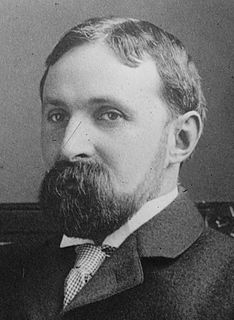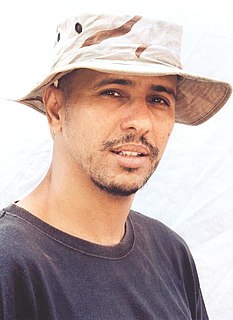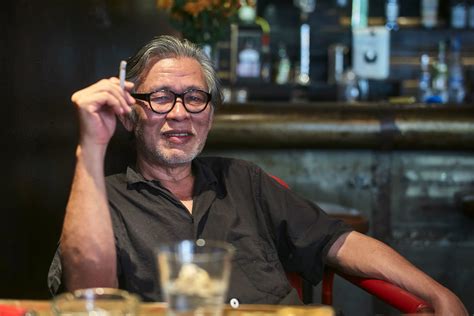A Quote by Robert Mugabe
Was it not enough punishment and suffering in history that we were uprooted and made helpless slaves not only in new colonial outposts but also domestically.
Related Quotes
The prescience of the founding fathers continues to astonish me. They were freedom fighters. They made America. They gave us this magical country. They also were slaveowners - which is confusing to their legacy. How could such brilliant men have only secured freedom for themselves, but not their wives or their slaves?
I was wondering how you were going to punish me for not confiding in you. Punishment, actually, is something I've thought about for a long time. What form of punishment would be enough for what I did? Imprisonment? Death? Something else? Something scarier? I could only think of so many horrible tortures before they stopped having meaning. But you' you've come up with a punishment I never considered. You're going to sulk me to death.
Saigon, U.S.A. aptly documents the birth of a new American community, uprooted in the aftermath of war and forever torn apart by the wounds of the past, yet one capable of healing against all odds. An engrossing yet succinct film that captures not only a major incident in Vietnamese American life, but also an important chapter of American history. A profound film that manages to confront us with the deepest sorrow while allowing us to be hopeful about what it means to be human.
Why I talked about political correctness: the colonial is now such a major taboo that any achievement of the colonial period, or any generosity implied in colonialism, is again fundamentally neglected or fundamentally not recognised. That's crazy, because history is a series of layers, and you cannot say, "This layer I support and this layer I cancel." History is history and you cannot retrospectively manipulate it.
Faith drives a wedge between ethics and suffering. Where certain actions cause no suffering at all, religious dogmatists still maintain that they are evil and worthy of punishment. . . . And yet, where suffering and death are found in abundance their causes are often deemed to be good. . . . This inversion of priorities not only victimizes innocent people and squanders scarce resources; it completely falsifies our ethics.












































